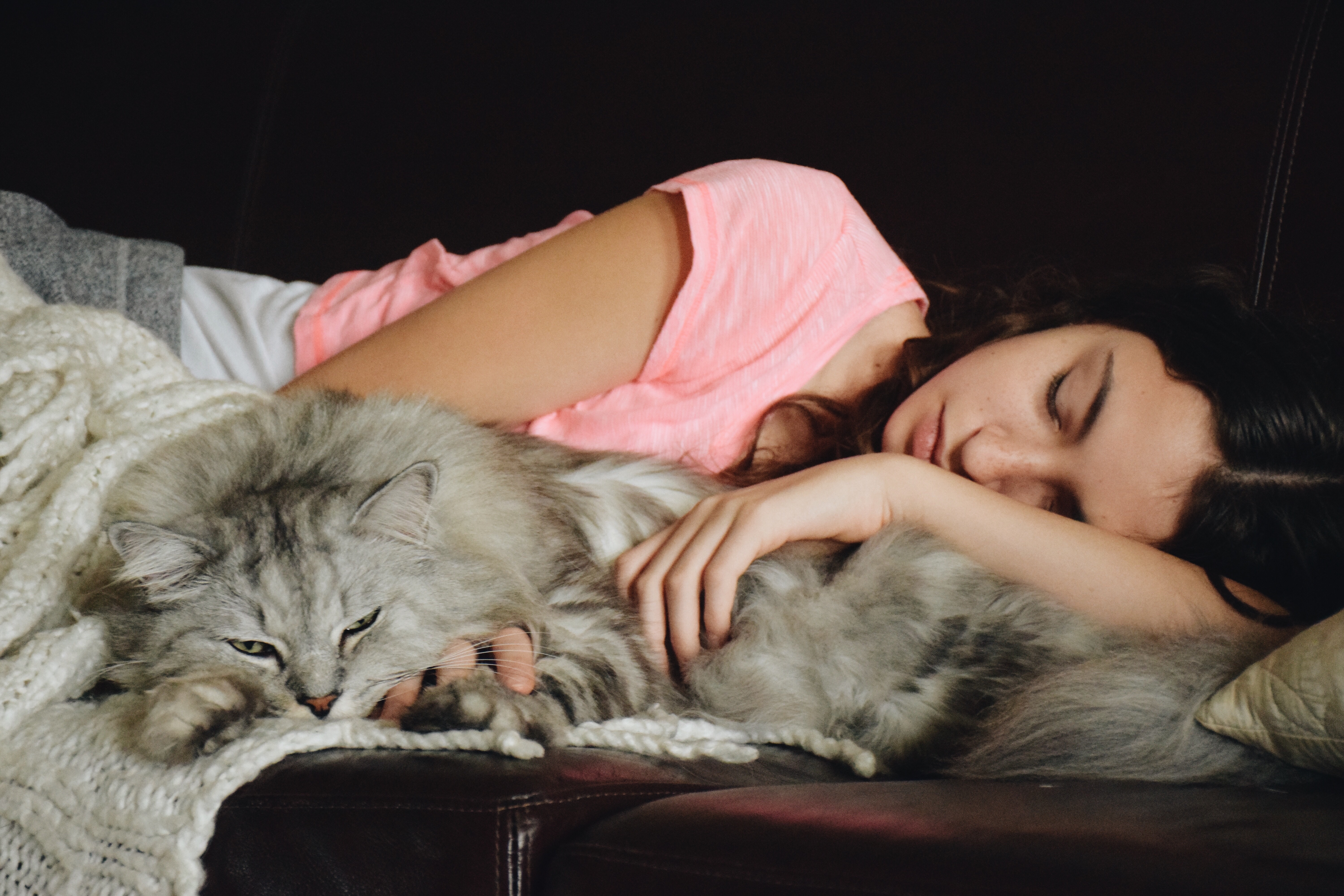
Have you ever wondered why everyone in your family wakes up at the crack of dawn, or why you and your mother are both night owls? Well, according to some recent research, sleep, or lack of it, is something that might be hardwired into us.
Although we spend about a third of our lives asleep, sleep itself is still a highly mysterious activity, one that scientists are still trying to understand. However, some sleep researchers from the University of Tsukuba in Japan have recently made a small breakthrough, which sheds some light on our sleep habits.
The study, published in Nature International Weekly Journal of Science, reveals that while we still don’t know all of the mechanisms that cause some of us to log more sleep than others, researchers have identified two genes that appear to affect our sleep and wakefulness.
The project included the breeding of over 8,000 mice and lasted close to six years. Researchers first genetically mutated the DNA of the mice’s sperm (yes, really) through injections of a potent mutagen. After the mice reproduced, researchers observed certain sleep disruptions in their offspring, thought to be caused by the mutations. The second generation then had mouselings, leaving scientists with a third generation to study. By comparing the third generation’s sleep-habits—oversleeping or under-sleeping—with their parents, researchers could identify which abnormal sleep patterns were inherited traits. From there, researchers compared shared genes between generations to identify the genes that impacted sleep.
The two genes that were eventually identified both had a strong impact on the length of sleep in the mice. While mice with one of the genes spent the majority of their time sleeping, only waking for short periods, those with the other gene slept very little and spent even less time in the REM phase of sleep.
This has been heralded as an exciting new study, because it helps to illuminate the question: “why do all animals, including humans, need to sleep, and how do they maintain a regular cycle?” Furthermore, the researchers’ focus on forward genetics—searching specifically for the “genes responsible for certain hereditary traits”—was seen as “ambitious and unconventional.”
With the discovery of these two specific genes that impact sleep and wakefulness, scientists are now one step closer to developing drugs that will be able to better treat sleep disorders, and even to answering the age-old question: What is sleep and why do we need it?

This post is part of our Sleep Month series.



